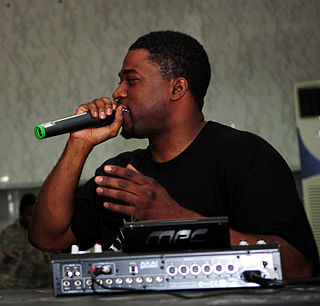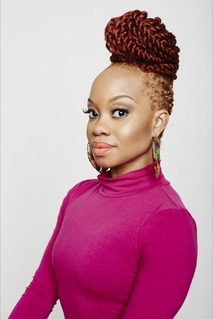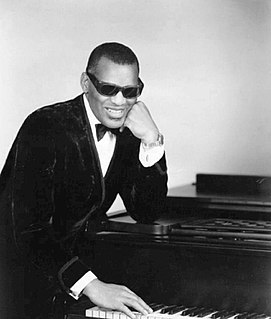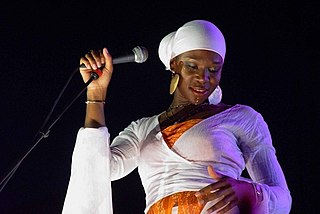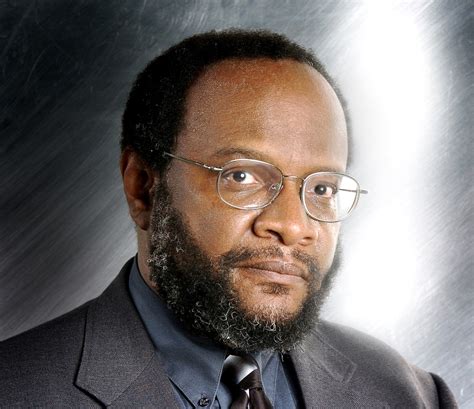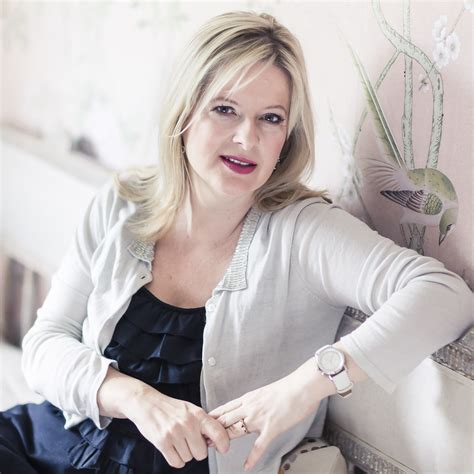A Quote by Oprah Winfrey
I did not believe what I was told about being poor and black and female in Mississippi in 1954.
Related Quotes
My concern was first, for the black people of Mississippi, then I became concerned for black people nationwide, now my concern is for black people all over the world. I began to realize that it's not as much about race as we think it is. It's about the rich vs. the poor. I feel as if the different races are pitted against one another so we won't see the bigger (financial disparity) problem.
I think it's important for people to understand that dance, movement, choreography is about an experience and entertainment but it's also about perception and a lens. So when we're talking about a Black female's experience through a Black female's lens, that's going to be totally different from a Black female's perspective through a Black male's lens.
The first decade of the twentieth century was not a great time to be born black and poor and female in St. Louis, Missouri, but Vivian Baxter was born black and poor, to black and poor parents. Later she would grow up and be called beautiful. As a grown woman she would be known as the butter-colored lady with the blowback hair.
I felt like it was a courageous show [Black-ish] from the beginning. We are a black family - we're not a family that happens to be black. But the show is not even about us being black. The show is about us being a family. That is groundbreaking - on TV, the black characters either happen to be black or they're the "black character," where everything they say is about being black. I think that's the genius.
Among liberals and Democrats, there is this notion that the poor - especially the black poor - can do no wrong. If you criticize any poor and black person who displays inappropriate, boorish or egregiously bad conduct, you'll be dismissed as a racist if you're not black. And as an Uncle Tom or sellout if you are.

